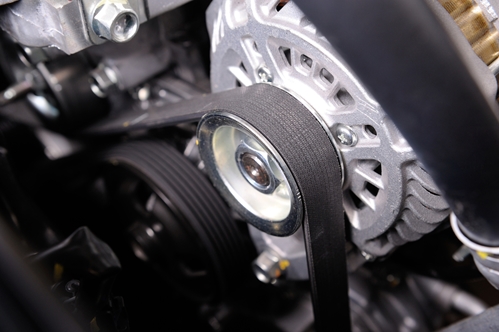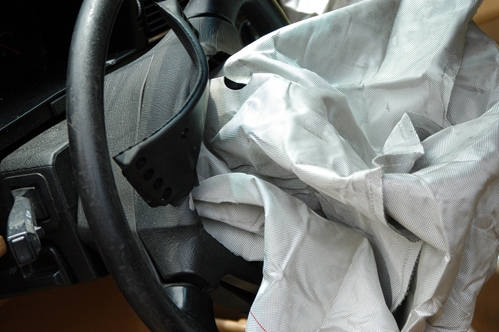Dearborn, Mich. – Sept. 13, 2017 – Ford Motor Company has recalled more than 117,000 trucks believed to contain defective inflatable seat belt buckle assemblies, according to documentation filed with the National Highway Transportation Safety Administration. The campaign affects 2015-2017 Ford F-150 Crew Cab trucks with production dates ranging from July 20, 2015 to June 16, 2017, as well as 2017 F-250 and F-350 Super Duty Crew Cab trucks produced between Oct. 20, 2015 and June 16, 2017. Ford estimates that 15 percent of the vehicles named in the recall have the defective feature.
The recall involves 143,000 vehicles worldwide, including 117,423 originating from American dealers; 15,175 from sellers in Canada and 8,202 from those in Mexico, according to a company press release.
The Defect
The vehicles involved in the campaign come with inflatable seat belt buckle assemblies attached to left rear passenger seats with defective mounting brackets. Specifically, these steel fixtures do not meet the rivet head thickness standards established in Section 5.2, rule 210 of the Federal Motor Vehicle Safety Standards, which states that seat belt anchoring devices must “ensure proper location for effective occupant restraint and to reduce the likelihood of failure,” according to the NHTSA.
The defective part could put passengers at risk, especially during crashes. However, Ford has yet to receive reports connecting the problematic fixture to any accidents or injuries.
Timeline of Events
In June 2017, seat belt bracket supplier Takata notified Ford of an incident in which an inflatable seat belt feature separated from its underlying support. Members of the Ford Critical Concern Review Group stepped in to investigate the report, while engineers from Takata analyzed manufacturing records, eventually coming to the conclusion that shop-floor personnel had made unauthorized changes to the rivet head thickness measurements. This resulted in the production and application of ineffective rivets, making seat belt anchor brackets prone to separation. Takata released these results to Ford in early August.
On Aug. 21, Ford’s Field Review Committee reviewed this data and approved a voluntary safety recall. The car company notified dealers Aug. 29.
The Solution
Ford has directed dealers to inspect the seat belt assemblies on affected vehicles and add additional rivets if necessary, according to a recall acknowledgment document from the NHTSA. Dealers are to make these repairs free of charge. Ford is expected to contact owners via first-class mail Oct. 16. However, those in need of more immediate assistance can call Ford customer service at (866) 436-7332. Callers should use the internal recall identification code 17C12. Owners can also receive assistance directly from the NHTSA through its Vehicle Safety Hotline at (888) 327-4236.




